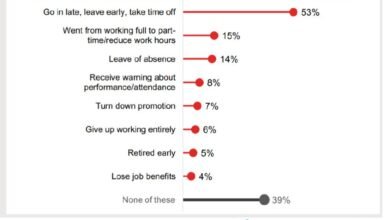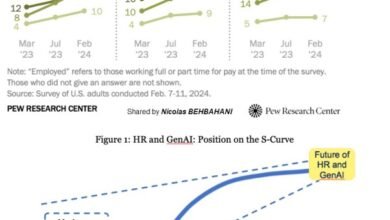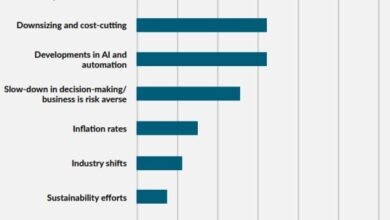
By | Linda Carter
2020 has seen a fairly seismic change in the way that we work, brought about (obviously) by the impact of coronavirus. While we might (with our fingers crossed) judge ourselves to be near the beginning of the end of the virus itself, with a range of vaccines set to be rolled out next year, it’s likely that many of the working practices we’ve persisted with will endure far into the future.
But what does this mean for the happiness of the people who’ll actually be doing the work? To find out, Yorkshire-based banner-printing giant instantprint decided to commission a nationwide survey, looking into attitudes to home-working across the UK.
The study revealed a fairly even split in attitudes toward homeworking. Around a third (34%) claimed to love it, and to never want to switch back to their ‘normal’ working environment. A further third (34% again), hoped to make a return to work in an office at least part-time.
Flexibility
Among the most often-cited advantages of home working is the flexibility it confers. Not everyone has the same lifestyle; some people prefer to rise a little later, or a little earlier. The inherent flexibility that comes with working from home allows for this. Since there’s no commute to deal with, it’s easier to find time to run personal errands throughout the day. You might, for example, take an afternoon break in order to pick the kids up from school.
Around a quarter of respondents claimed to appreciate this (23%), with 15% saying that they appreciated the ability to more easily juggle their work and home lives.
Better Work-life Balance
When it comes to work-life balance, working from home is a little bit of a double-edged sword. The amount of hours you’re required to commit to work is lower, with the commute being eliminated – on the other hand, you may find it difficult to switch off when you know there’s work that can be done at all hours of the day.
Superior Productivity
When you work from home, you can tailor your working environment to your particular needs and tastes. This means, theoretically, that you can set up a schedule that leads to maximum productivity. More productivity leads to greater job satisfaction.
The Downside: Distraction
While most home workers claimed to be happier working from home, there were a few (11%) who cited distraction has too much to cope with. The most common sources of distraction were children and pets – thus anything that can be done to keep these out of the way is worthwhile. For most home workers, this means a dedicated office space. Unfortunately, only 17% of those polled were able to work in such a space – with the rest having to make do with the bedroom, living room, kitchen or hallway.






